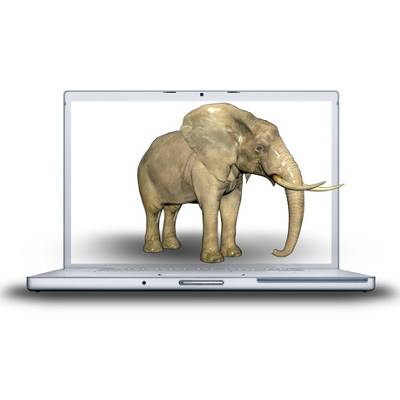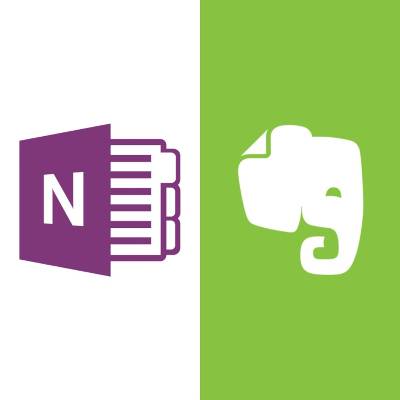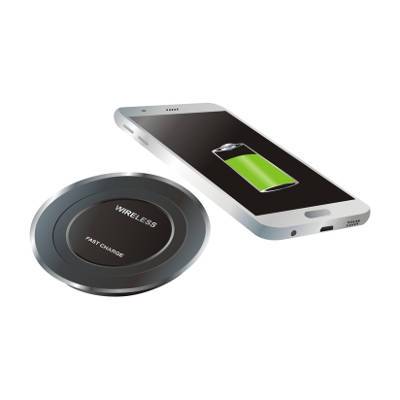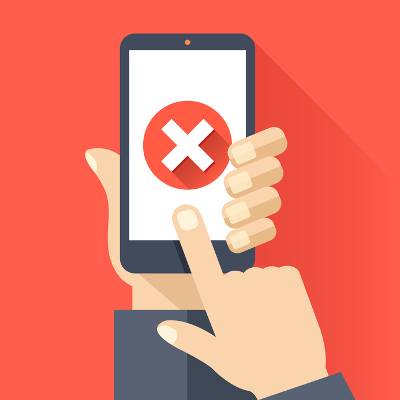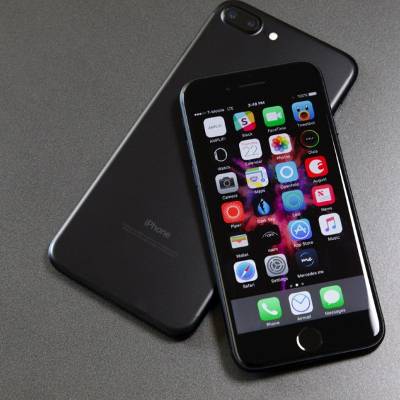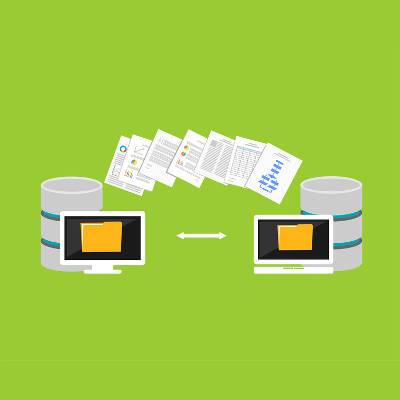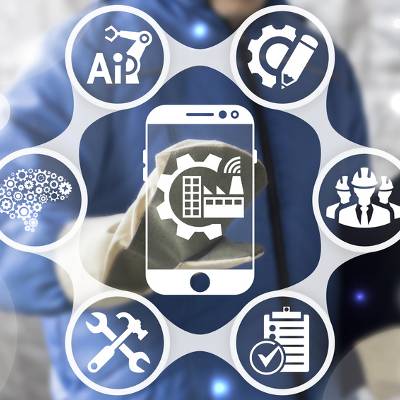Macro Systems Blog
Similar to other malware, Spyware is a problem for any business. Since your organization generates, collects, and uses considerable amounts of data, there is no lack of other businesses that want to get their hands on it. You spend significant time and money protecting your data against threats on the Internet, but what if the spyware came with the computer you just purchased?
In homes and offices around the world, Technology has become nearly essentially, and one may find themselves replacing it more often than they expected. This leads to a significant amount of waste that can accumulate in your office; whether it's an extra smartphone, desktop, or something as simple as a random, non-functional hard drive. Disposing your dated, unnecessary technology isn’t as easy as placing paper into a recycling bin, however, and it shows in the amount of e-waste that infects the world every day.
If there is a problem that everyone is hesitant to address, that problem is called "the elephant in the room". Many businesses may find that, these days, those elephants live in their server rooms. Let's acknowledge these elephants and discuss a few ways that you can evict them from your organization’s IT.
If you are taking notes related to an organization’s operations, those notes need to meet certain guidelines of clarity, cohesiveness, and comprehension. To accomplish those guidelines, you will require the correct tools. This entry will appraise two of the industry’s best note-taking applications to help you identify which is best for your needs. The applications: Microsoft OneNote, and EverNote.
Mobile devices have become invavluable in the modern workplace. It'd be difficult to locate a company that doesn’t use smartphones or tablets in some manner. However, mobile devices will never be truly mobile while they need to be tethered to wires plugged into outlets or USB cables due to batteries losing their charges. An innovation called wireless charging has attempted to shake this concept up, but has it proven successful? And what is wireless charging, exactly?
Email is such a familiar solution that most people don’t think twice about how it works. However, it’s critical that you at least understand the concept, as it can provide you with a substantial advantage when it comes time to optimize email access on your mobile devices. Let us discuss the ways in which the two major message exchange protocols differ, and then look into the specifics of why you should choose one over the other.
Collaboration is a critical aspect of business these days, which has led to many developers and providers entering the business of collaboration. These developers are in extensive competition with each other trying to update their offering so it's better than the others. Recently, Facebook Workplace, Slack, and Google’s Gmail each received collaboration-boosting updates.
For businesses everywhere, technology is a necessity to reach their goals, which are of course influenced by the technology that companies are able to access. For this cycle to continue, a business needs to establish what is expected to come next in the line of IT innovation. It seems companies are currently placing convenience as a priority.
The holiday season is nearly here! Filled with lots of gift giving and sharing, you’ll want only the best smartphone to ensure that you can keep in touch with friends, family, and even your clients in case of an emergency. Here are aspects of each major smartphone so that you can make an educated decision about which one you want to purchase.
One of the most revered NFL coaches in history, Vince Lombardi once said, “If you are five minutes early, you are already ten minutes late.” Although that wasn’t its intended use, this quotation can easily apply to technology. The tech industry is constantly changing, improving, and innovating. Adapting to changes is something all businesses must do to succeed.
If your company use Google’s line of Android devices for business reasons, Google’s new zero-touch solution for enterprises for their Pixel line of smartphones might be good news for you. If you provide smartphones for your companies’ employees, you know how much of an inconvenience it is to set up these devices. The new zero-touch policy tries to change that.
Numerous computer users worry about their privacy--and judging by the discussions surrounding the FCC and Net Neutrality, they should be. Now that users are responsible for the privacy of their online activity, they are finding new ways to make sure that corporations are not taking advantage of their Internet activity--mostly through the use of a Virtual Private Network, or VPN.
Smartphones have been around for over a decade. When Apple rolled out the first iPhone in 2007, it triggered an enormous shift in the way people access information. Over the past 10 years these devices have gone from somewhat of a novelty to a staple of modern computing. More data is transmitted and accessed by smartphone than by any other means, and Apple has been at the forefront of this computing shift from its inception.
Today most companies utilize computers in the dissemination of their services. Whatever the specifics of your business, you depend on your data. Since most businesses also provide goods and services for many people that indirectly depend on it, having a plan to protect the business from potential devastation is important.
Businesses can profit from the use of personal mobile devices in the workplace, but there are also dangers in allowing mobile and Internet of Things devices to access your network. In order to reduce these risks, you need to put some limits and guidelines on the use of such devices in the workplace.
Have you ever used Google Maps as a GPS system to help you navigate a trip you are taking? In a lot of ways, Google Maps is even more dynamic than other dedicated online applications, and it’s certainly a better alternative than trying to decipher the lines of an atlas. Google Maps even lets you chart the distance between your location and your destination, which is a great way to get the total distance of your upcoming trip.
Traditional telephone lines were once extremely important for your business’s success. You had to have dedicated phone lines in your office running to each and every desk so that each of your employees had access to a phone when they needed it. Nowadays, however, virtual telephone systems have become popular with businesses of all size. How does this new way of handling your business’s communications hold up compared to the more traditional model?




